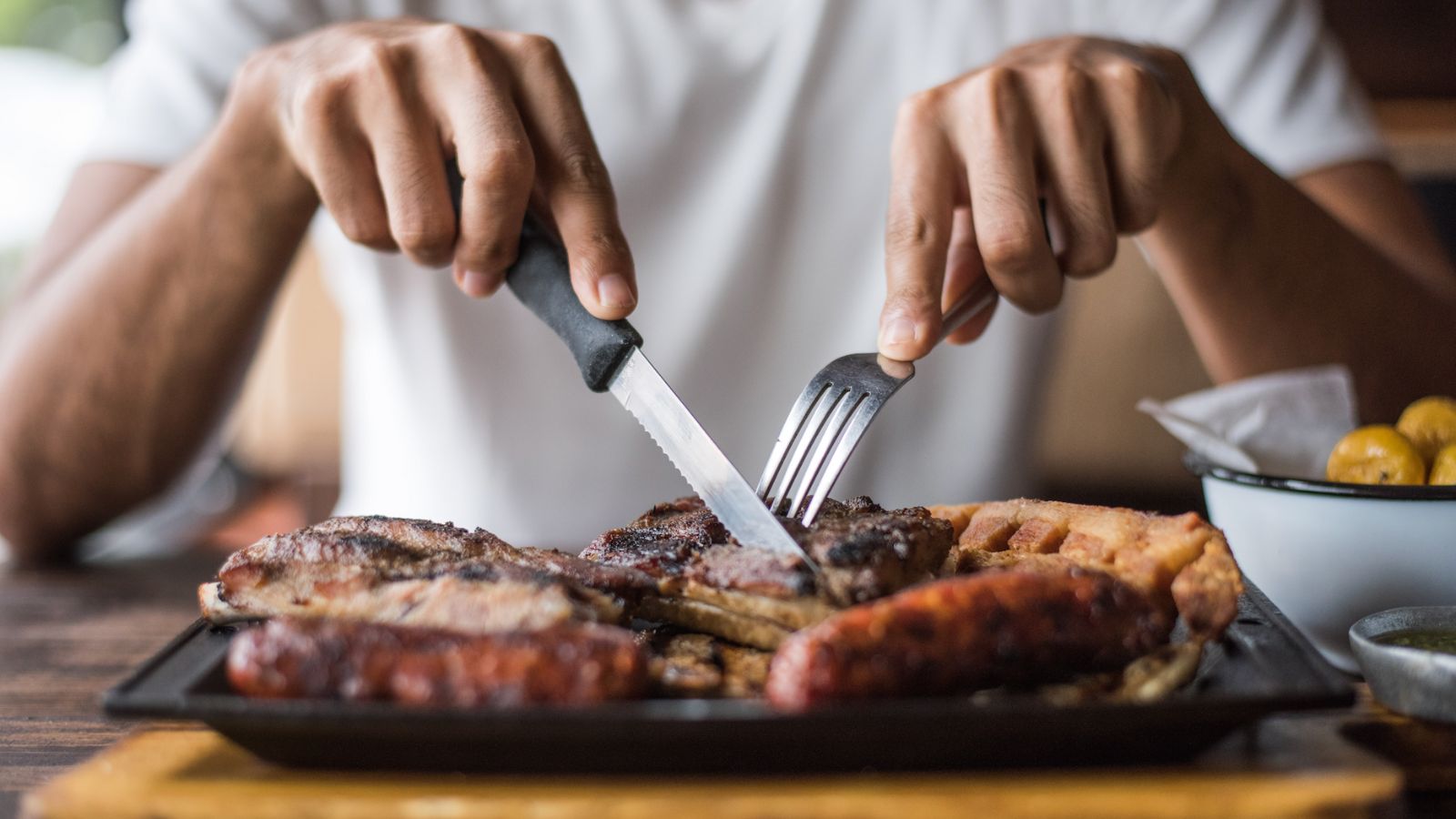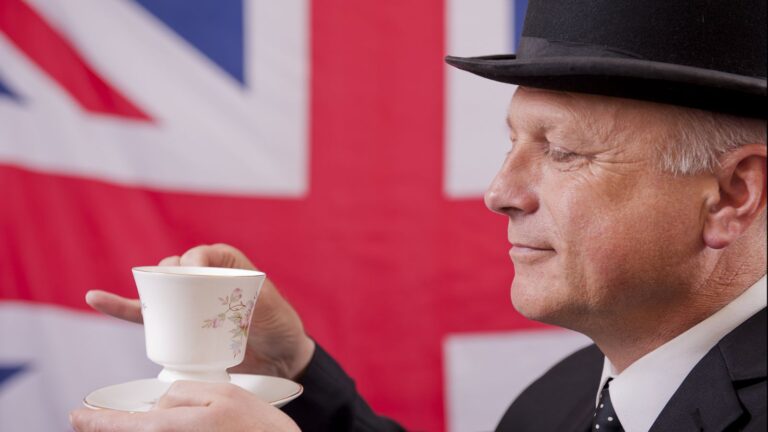Renowned for their commitment to politeness, tradition, and propriety, the British still hold onto many etiquette rules across the UK. Whether it’s queueing or small talk, these are the customs people in the United Kingdom refuse to let go of.
Stick to the Queue, No Questions Asked

Cutting in or attempting to bypass the queue—whether deliberate or accidental—is one of the quickest ways to draw disapproving glances or muttered remarks. To the British, a proper queue isn’t just about getting somewhere in turn; it’s acknowledgment that everyone’s time matters equally.
Don’t Duck Out on Pub Rounds

The pub is a pillar of British social life, and the round-buying system is a deeply embedded tradition. The rules are simple: when you’re with a group of friends, each person takes their turn to buy drinks for everyone else, and skipping your turn—or worse, “forgetting”—is seen as incredibly bad form.
Always Write a Proper Thank-You Note

Whether for a gift, a dinner invitation, or a kind favour, taking the time to pen a thoughtful message shows genuine appreciation. While modern communication might offer quicker options like emails or texts, a physical note carries a sense of effort that digital alternatives often lack.
Keep Your Distance

If you’re standing too close to someone, especially in casual settings, it can feel intrusive, and the UK’s “bubble” reflects their general love of privacy and a certain restraint in social interactions. Crowded spaces, of course, test this boundary, but even then, a polite “excuse me” goes a long way.
Small Talk is a Big Deal

In many ways, small talk is the ultimate form of a Briton’s diplomacy: polite, neutral, and noncommittal. But don’t mistake its simplicity for lack of depth; small talk can be the foundation for meaningful relationships, and it’s about knowing when to talk and when to listen.
Sorry Really Does Fix Everything

If there’s one thing UK residents are famous for, it’s their propensity to say “sorry,” whether they’re at fault or not. For Brits, a well-placed “sorry” smooths over awkward moments and diffuses potential conflict. It might seem excessive to outsiders, but to them, it’s simply a way of keeping the peace.
No Need to Make a Scene

In Britain, keeping calm and carrying on isn’t just a wartime slogan; it’s a way of life. Making a fuss—whether by complaining loudly, overreacting, or drawing unnecessary attention to yourself—is generally frowned upon, as being composed is seen as much better.
Talking Money is a Bit Awkward

Asking about someone’s salary, how much they spent on a holiday, or the cost of their home is seen as intrusive in the United Kingdom. Discussing finances can make people feel uncomfortable, and while close friends might discuss such topics behind closed doors, it’s rarely shared in everyday social settings.
Be On Time, Every Time

Arriving late is one of the quickest ways to irritate a Brit, because punctuality is seen as a sign of respect for others’ time and a basic courtesy. If you’re running late, even by just a few minutes, letting the other person know is essential—and being consistently tardy can leave a lasting impression.
Please and Thank You Go a Long Way

Good manners are practically a second language in the UK, and polite phrases like “please,” “thank you,” and “excuse me” are non-negotiable. Failing to include these magic words in conversation can come across as abrupt or even rude.
Dress Appropriately for the Occasion

How you dress says a lot about your respect for the event and the people involved, and overdressing can feel as awkward as underdressing; the key lies in understanding the context. A well-put-together outfit reflects not just style but thoughtfulness and an understanding of social norms.
Respect the Tea Ritual

When you’re invited to tea in Great Britain, understanding the unspoken rules is crucial. Milk goes in after the tea is poured, and sugar is offered without assumption, and interrupting a tea break or failing to offer tea to guests can be seen as a breach of etiquette.
Never Jump the Taxi Queue

Waiting your turn, no matter how inconvenient, is part of the unwritten rules when you’re trying to catch a taxi in a town centre or city street. This respect for the system reflects a wider cultural appreciation for patience and keeping everyone happy when they just want to catch a ride home.
Keep Compliments Simple

Compliments in Britain are best kept understated and genuine, and a little “That’s lovely” or “You’ve done well there” goes a long way, while anything too over-the-top might come across as insincere. People in this country value compliments that are sincere and in moderation.
Don’t Forget Your Table Manners

Holding your knife and fork correctly, waiting until everyone is served before eating, and never chewing with your mouth open are just a few of the basics of table manners in the United Kingdom. It might seem old-fashioned to some, but to locals, it remains an important part of creating a comfortable atmosphere at dinner.
Keep the Volume Down

Public spaces in Great Britain are generally marked by a sense of calm, which is why speaking too loudly is seen as disruptive. Whether on public transport, in a café, or simply walking down the street, keeping your voice at a moderate level is expected.

